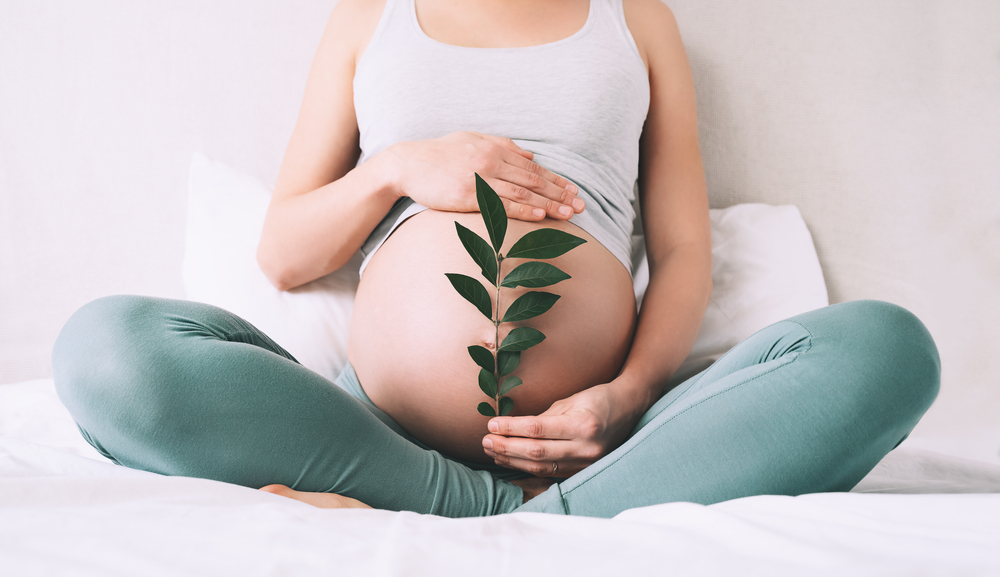There are lots of myths about fertility and despite what we know about our bodies, it’s likely that we don’t have the full picture. Fertility is a rather complex area – concerning hormones, lifestyle, and pre-existing conditions. In this post we debunk some of the common misconceptions and separate fact from fiction.
Infertility Only Affects Women
False – infertility doesn’t just affect women; it affects men too. According to statistics, one third of infertility cases can be attributed to men, one third can be attributed to women and the remaining third are down to a combination of the two or unknown factors. Despite it being the woman who carries the baby, men play just as much of a role. When trying to get pregnant, it’s a good idea to look into both your medical histories and what might be affecting your chances.
You Must Wait for a Year to See a Professional
There’s no hard and fast rule when it comes to seeking help. While infertility is defined as the struggle to get pregnant after a year of trying, it’s not to say that you need to wait a set amount of time to be seen by a professional. Couples should seek help sooner if there are conditions that have the potential to present issues with regards to fertility such as a history of irregular periods, miscarriages, advancing age, conditions such as endometriosis and past traumas.
Birth Control Can Cause Infertility
Birth control causing infertility is unlikely. For women who have been on the contraceptive pill or other forms of contraception such as Nexplanon (the implant), there’s fear around whether their periods will come back and if they will be able to conceive. We can confirm that this is a myth – birth control has no known positive or negative effects on fertility. While they put a halt on ovulation, those looking to get pregnant can usually expect their periods to return immediately after coming off contraception or within a few months at the latest.
Having More Intercourse Can Improve Your Chances
This is true. Having sex on a more frequent basis around the time of ovulation can increase the chances of a sperm fertilising the egg.
Women Can’t Get Pregnant After 35
This is false. As you may already know, a woman’s chances of conceiving largely depend on her ovarian reserve. This diminishes with age. At birth every female is believed to have around 1 million eggs which drops to approximately 300,000 by the age of puberty. Thereafter the reserve is thought to deplete on average by 1,000 every month. Naturally as these decline, so do the chances of getting pregnant. By the age of 35, women have a 15% chance of conceiving every month. Despite this however, there are a number of healthy babies that are born to women over the age of 35 without complication. Those struggling may also seek help and increase their chances of conceiving with the help of fertility treatments such as IVF and IUI.
You Can Suffer with Infertility at Any Age
This is also true. Despite age being a factor for both men and women, it’s possible to suffer from infertility irrespective of your stage in life. Medical conditions and treatments you have had to undergo may make it more difficult for you to conceive naturally. If you’re concerned about your fertility and would like help getting pregnant, there is lots of help which can be accessed. Fertility testing can determine whether there is an underlying issue and treatments such as IVF may be able to help.
To learn more about your chances and how we can help, feel free to get in touch.

